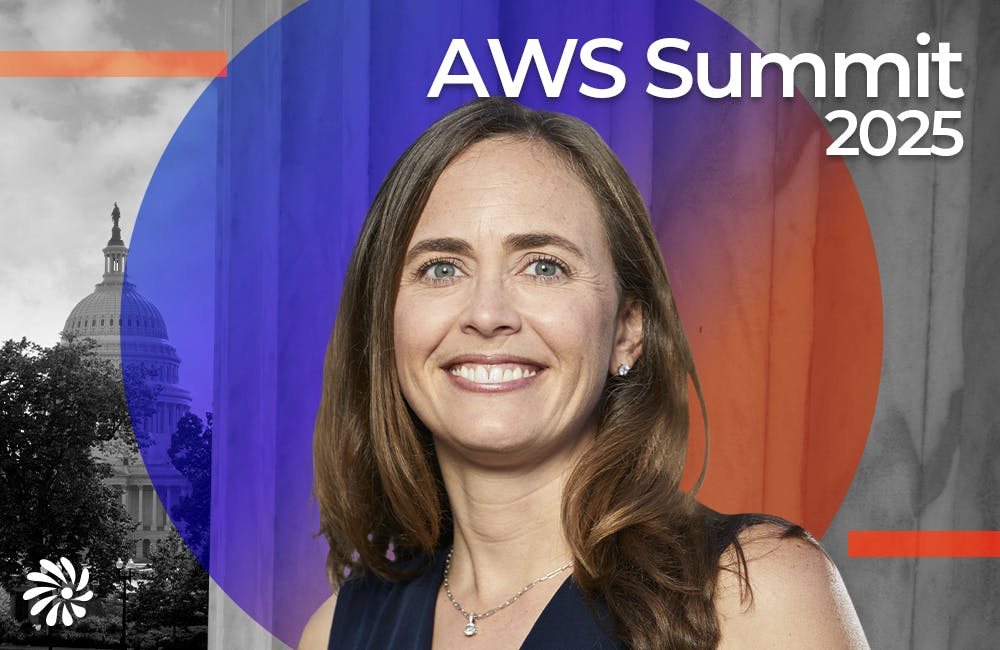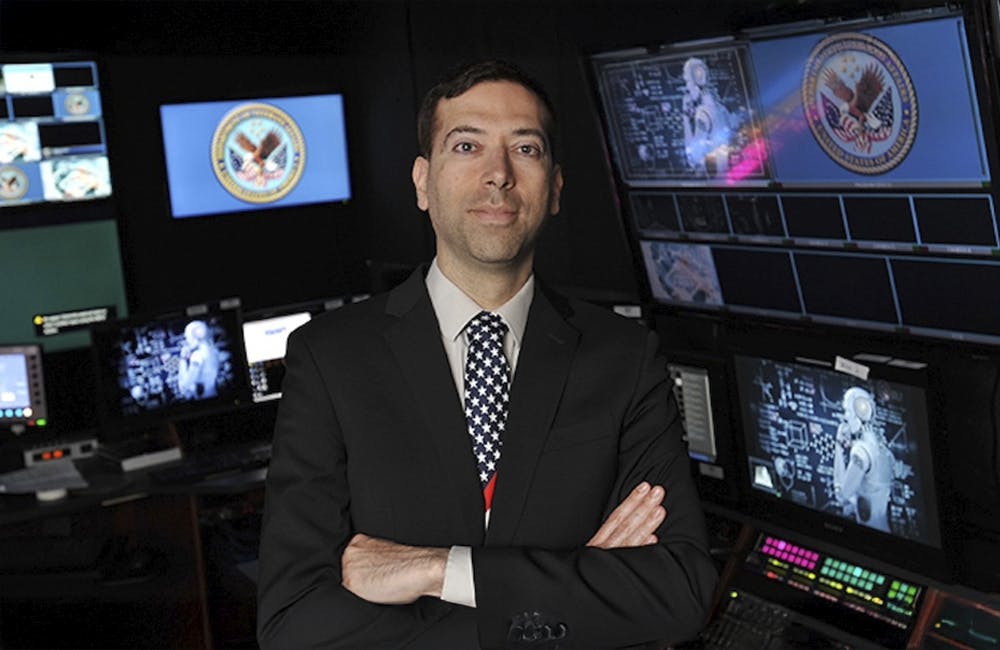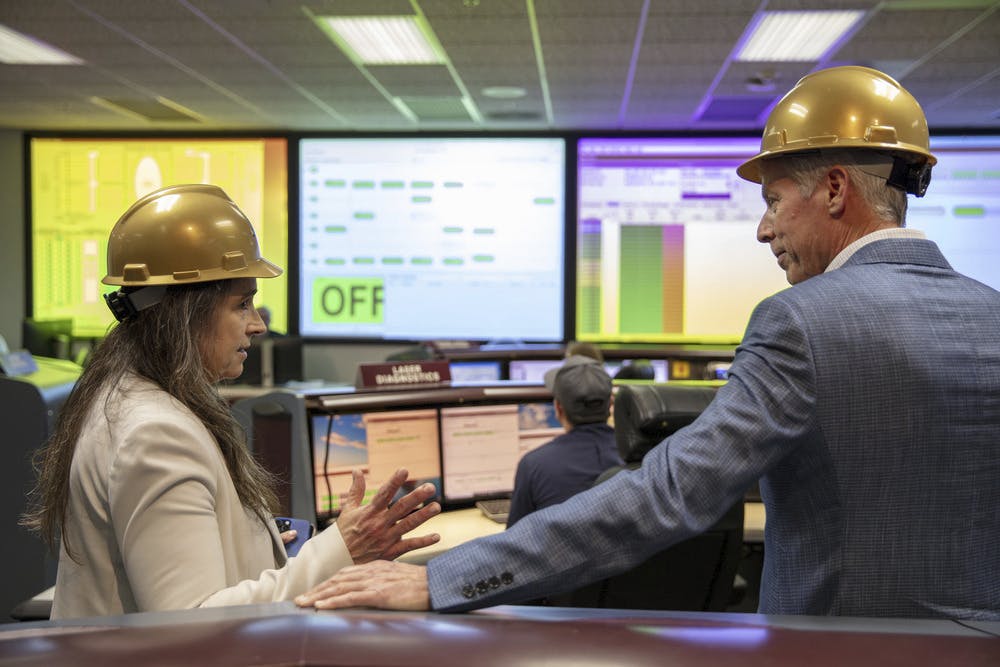Federal Tech Leaders: ‘Culture Eats Strategy for Breakfast’
These principles can enable any organizations to develop a culture of innovation amid digital modernization efforts.

Amid pressing priorities in federal tech, such as the executive order on improving the customer experience and large-scale projects such as electronic health record modernization, several leaders say they are honing in culture and human-centered design to get them over the line.
“The people who are doing the work know the best way to solve these problems … one of my colleagues often says, ‘I never fail to be impressed by how innovative they are and how isolated,’ and the innovation ecosystem really is aimed at cracking that isolation,” VHA Deputy Under Secretary for Health for the Office of Discovery, Education and Affiliate Networks (DEAN) Carolyn Clancy said at FedHealthIT’s Women in Leadership awards Tuesday.
Calling attention to the increase in digital solutions for remote health care or for supporting a more remote workforce after the COVID-19 pandemic, other panelists during the program described the critical role that concepts like change management and workforce diversity have played.
“Of course, technology and data are important, but I think that the keys to success are really about the people and the culture,” said Sanja Basaric, AI program lead for HHS. “To have innovation you have to have a culture of courage … to even question the status quo, to be able to say, ‘can something be better? Can we improve this process?’”
Tech teams have been prioritizing principles in human-centered design within both public-facing and internal agency platforms.
“Human-centered design is so important. We can provide veterans with the most amazing applications and technologies. But how does that meet them where they are? How do we know what works for them? Those are the big questions,” Clancy said.
“It’s a paradigm shift in thinking what users are going to be looking at and seeing and experiencing and making things more intuitive,” said Department of Labor Deputy Chief Technology Officer Michele Thomas. “We’ve all heard the expression, ‘culture eats strategy for breakfast,’ that’s not far from the truth.”
Throughout the pandemic, the Federal Electronic Health Record Modernization (FEHRM) office has progressed in its journey to create a single, common electronic health record for servicemembers and veterans.
FEHRM is taking a “boots on the ground” approach to help with electronic health record adoption and leadership commitment has been key to successful deployment, noted Cori Hughes, program integration director for the FEHRM and PEO Defense Healthcare Management Systems (DHMS).
“For DOD — they started this a little ahead of the VA — and they are now at 67% deployed, which is fantastic,” Hughes said. “You’ve got to have that person on the ground, who’s carrying the flag for why this is important.”
“Digital transformation is scary … but inviting people into your world and letting them invite you into theirs … getting people to communicate with you, respecting their opinion, enlisting their thoughts and their contribution to the solution and respecting that. It’s really what we all want. So, when I look at the future, I see more of that,” Thomas added.
This is a carousel with manually rotating slides. Use Next and Previous buttons to navigate or jump to a slide with the slide dots
-

Trump’s Executive Order Spurs Federal Push for AI Literacy
Agencies are ramping up AI literacy efforts across the federal workforce and education systems after Trump's executive order on AI education.
5m read -

AWS Summit: A DOE National Lab Uses GenAI to Boost Efficiency
Lawrence Livermore National Lab launches a new generative AI tool to drive operational efficiency at the National Ignition Facility.
9m listen -

VHA’s AI Chief Led NIH’s New AI RFI
The agency's AI chief Gil Alterovitz helped develop a plan that hints at how NIH is charting the future of AI and biomedical research.
5m read -

DOE National Labs Launch New AI Tools for Operational Efficiency
The Energy Department's National Laboratories are using AI to increase operational efficiency and drive research efforts forward.
3m read








